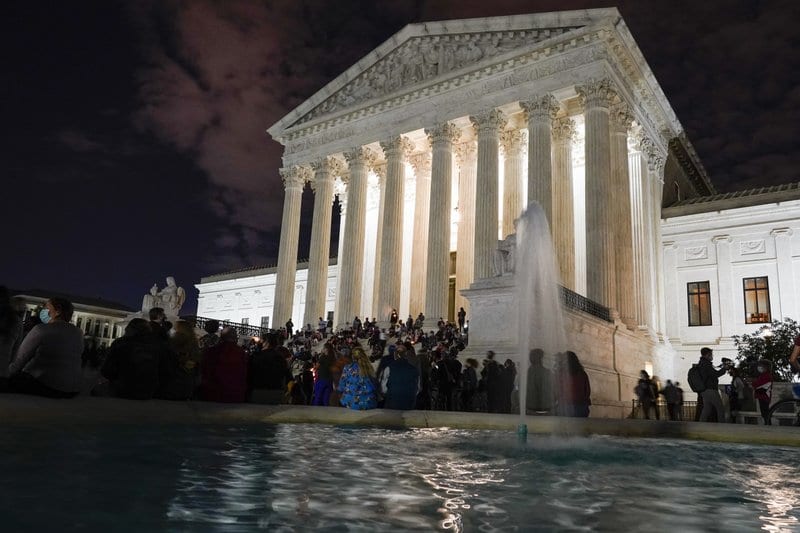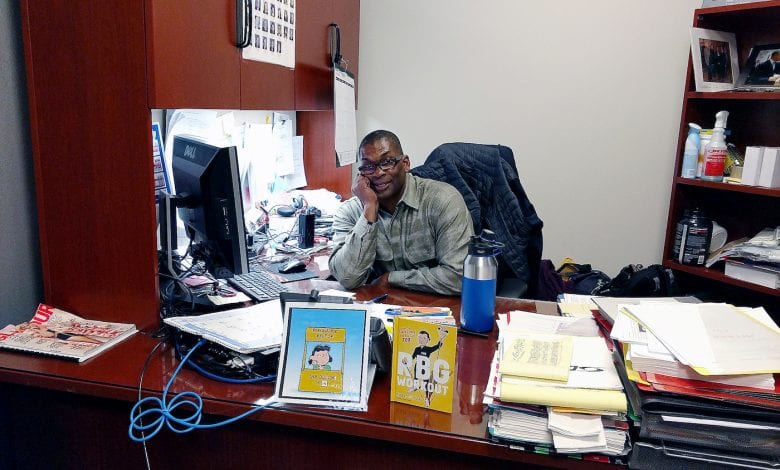Ruth Bader Ginsburg, the champion for women’s rights, died on Friday evening from “complications of metastatic pancreas cancer,” according to a statement from the Supreme Court of the United States.
Born Joan Ruth Bader on March 15, 1933, in Brooklyn, N.Y., “Kiki” — as she was known to friends and family during her youth — received her bachelor of arts degree from Cornell University, studied at Harvard Law School and earned her LL.B. from Columbia Law School. In 1971, she was instrumental in launching the Women’s Rights Project of the American Civil Liberties Union and served as the ACLU’s general counsel before being appointed to the U.S. Court of Appeals’ D.C. Circuit in 1980, long thought to be a training ground for future Supreme Court justices.
When Barack Obama signed the Lily Ledbetter Fair Pay Act of 2009 as his first legislative act as president, he credited Justice Ginsburg for inspiring the law.
She had battled cancer for more than a year before passing away at her Washington, D.C., home surrounded by family.
Ginsburg gave her last statement to her granddaughter Clara Spera: “My most fervent wish is that I will not be replaced until a new president is installed.”
RELATED STORIES SELECTED BY THE TSD NEWSROOM:
- AP Explains: What happens with the Supreme Court vacancy?

The death of Supreme Court Justice Ruth Bader Ginsburg has thrust the Senate into uncharted political terrain, with no recent precedent for a vacancy on the high court so close to a presidential election. READ MORE
- Washington Informer: The Power of ‘RBG’: Working Out With A Supreme Court Justice

This story was originally published on Nov. 8, 2017. Supreme Court Justice Ruth Bader Ginsburg died Sept. 18, 2020, of pancreatic cancer.
Bryant Johnson could have been easily intimidated when he first met Supreme Court Justice Ruth Bader Ginsburg in 1999.
But Johnson’s upbringing in Warsaw, Va., surrounded by determined women like his grandmother, mother, aunts and sisters, prepared him for the justice and his task to guide her wellness journey. READ MORE
- NPR’s take on Justice Ruth Bader Ginsburg’s legacy (A nine-minute listen)




